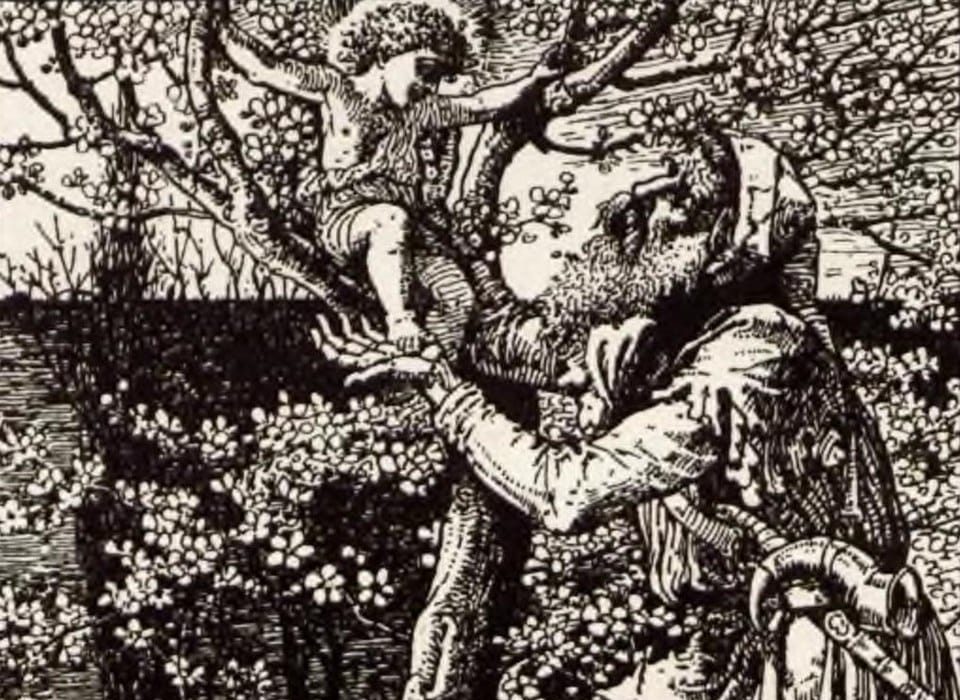When a writer adds a new word to our vocabulary, such as “quark,” which comes from James Joyce’s novel Finnegans Wake, we have to call it something. In today’s post, we are going to examine neologisms. These are words that did not exist, but now are in the lexicon thanks to an author’s creation.
What is a neologism?
As defined by the Cambridge Dictionary, a neologism is a “a new word or expression, or a new meaning for an existing word.” Other sources states that: “Neologisms can be either loan words in the form of direct loans and loan translations, or newly coined terms, either morphologically new words or by giving existing words a new semantic content” (Gahramanova).
Moreover, there are many different types of neologisms, including:
- Transferred or imported words: These are words that were taken from a different language and “transferred” to English.
- Blended words: A neologism can also be a combination of two words, such as Smog = Smoke and fog, and Spork = Spoon and fork.
- Derived words: “Derived” words come from Greek or Latin. A few examples include “sub” as in “under” and “villa” as in “house.
Examples of neologisms in context
As aforementioned, James Joyce, modernist author, contributed the word “quark” to our vocabulary. The word appears in his novel Finnegans Wake.
In it, he writes:
Three quarks for Muster Mark!
Sure he hasn’t got much of a bark
And sure any he has it’s all beside the mark.
“Quark” would later be used by Murray Gell-Mann and George Zweig in 1964 to describe “any member of a group of elementary subatomic particles that interact by means of the strong force and are believed to be among the fundamental constituents of matter” (Britannica). With that in mind, we can now talk about neologism, which is “a new word, usage, or expression” as defined by Merriam-Webster.
Banana Republic – Introduced by O. Henry in his 1901 short story “The Admiral” to describe Honduras. Politicians currently use it to describe unstable countries.
Meme – Derived from Richard Dawkins’ first book The Selfish Gene (1976) to describe the evolving “soup of human culture.” It is now (accurately, I say) used to describe entertaining images that exist on social media.
Yahoo – Used by Johnathan Swift to in Gulliver’s Travels (1726) to describe the human-like animals in Houyhnhnm. It is now used as a synergistic search engine.
Works Cited
Britannica. “Quark.” Web.
Merriam-webster. “Neologism” Web.
Cambridge Diction. “Neologism.” Web.
Gahramanova, Aytan. “Neologisms.” Academia.edu. Web.
“Neologism: Definition and Examples.” Literary Terms. Web.





Leave a comment